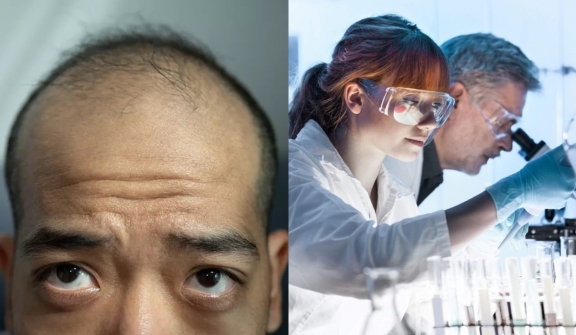
According to recent reports, scientists believe that we may be on the brink of a groundbreaking cure for balding and hair loss.
The University of Manchester's Hair Research Group has made an intriguing discovery that could potentially stop hair loss conditions.
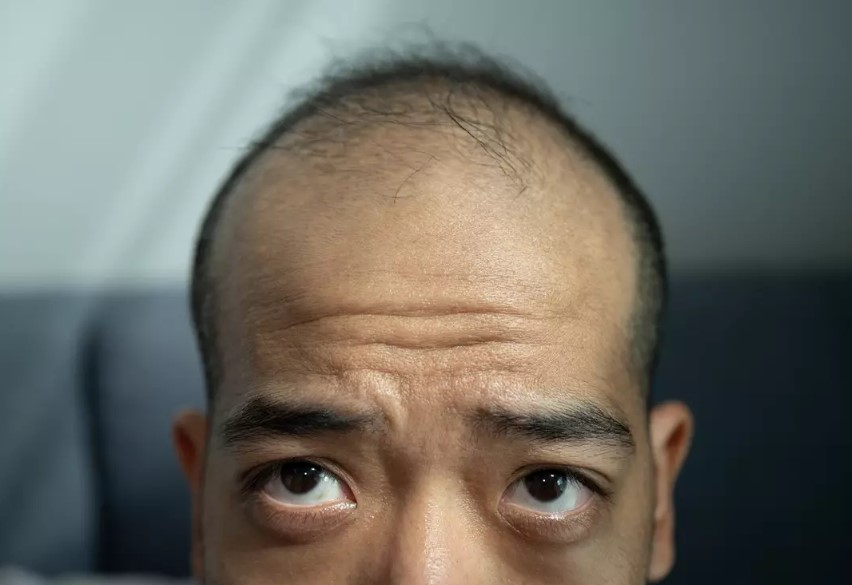
Hair loss is a common concern for many individuals, especially men, who notice their once-thick and luscious hair gradually thinning over time.
While some people embrace baldness as a fashion statement, others seek ways to halt or reverse the balding process.
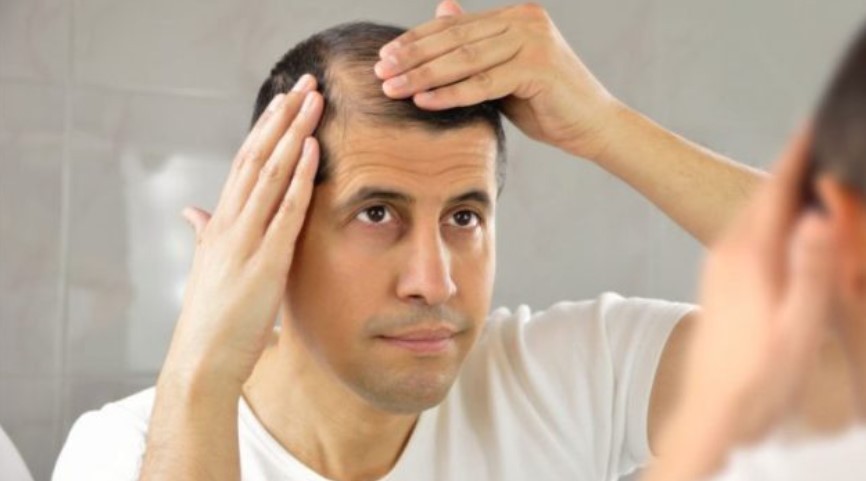
Stress is known to be one of the contributing factors to hair loss, as it can push hair follicles into a resting phase, leading to eventual hair fall.
However, the researchers at the University of Manchester took a different approach to addressing hair loss.
Initially, they were conducting a study on a drug aimed at cultivating human scalp hair follicles in a controlled environment.

To their surprise, they discovered that the human stress response actually hindered hair growth rather than stimulating it.
Dr. Talveen Purba, a senior author of the study, explained their findings, stating that they were testing a drug targeting metabolism in hair follicles to influence energy generation and expected it to stimulate stem cells.
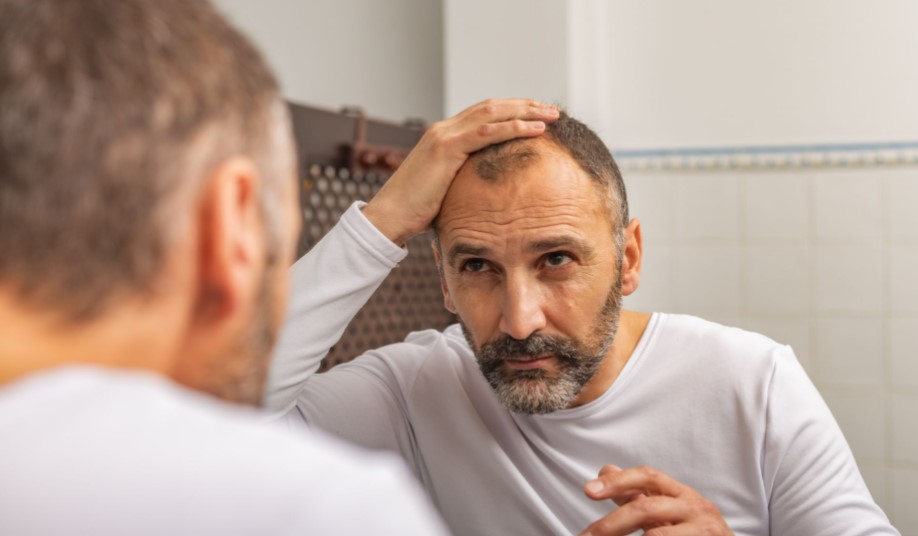
However, they observed the opposite effect, as hair growth was blocked, and cells, including stem cells, stopped dividing rapidly.
This unexpected outcome opened up new possibilities for understanding the biological mechanisms behind hair loss conditions.
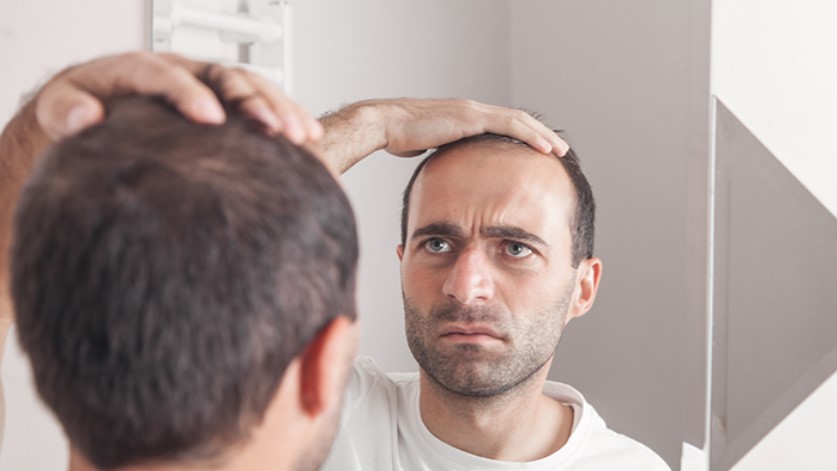
They believe that by targeting this pathway and activating it, they could effectively restrict hair growth in individuals experiencing hair loss conditions.
This breakthrough could pave the way for the development of innovative treatments for balding and hair loss, offering hope to those seeking to prevent further hair loss.
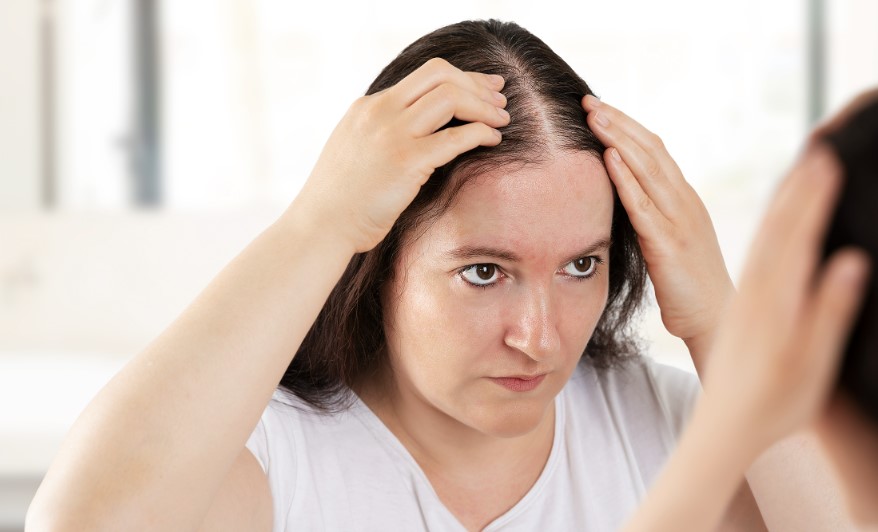
Although this discovery is an exciting development, it may not directly benefit individuals who are already bald.
However, it holds promise for those currently experiencing hair loss, as it offers the potential to end the progression of balding.
Derek Pye, one of the authors of the study, pointed out that the response observed in various individuals' hair follicles was similar.
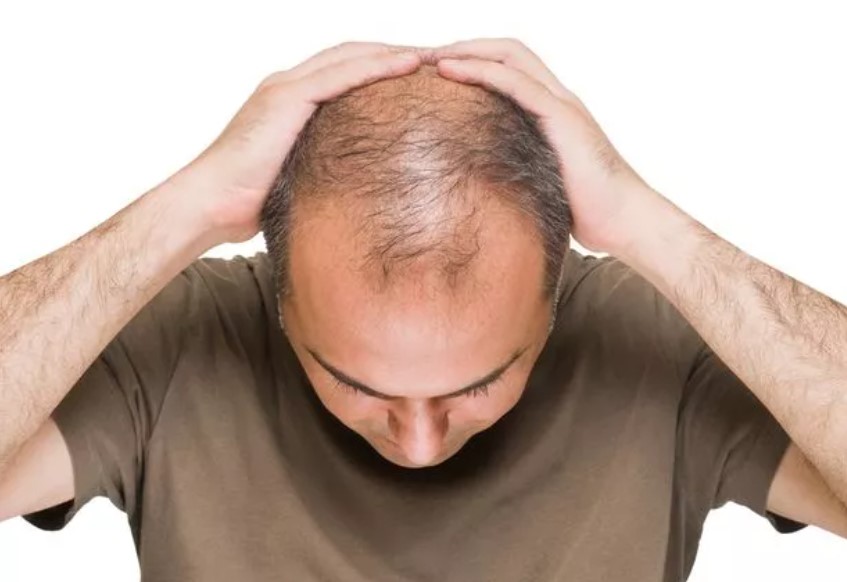
This indicates that the results may be applicable to a larger group of people experiencing hair loss and could potentially help many of them.
Shreya Siddanagowder, an Indian woman, became the first woman in the world to undergo a hand transplant from a man.
Eight years ago, she lost both her arms below her elbow in a tragic bus accident. After unsuccessful attempts with prosthetic hands, she decided to undergo a bilateral hand transplant in 2017.
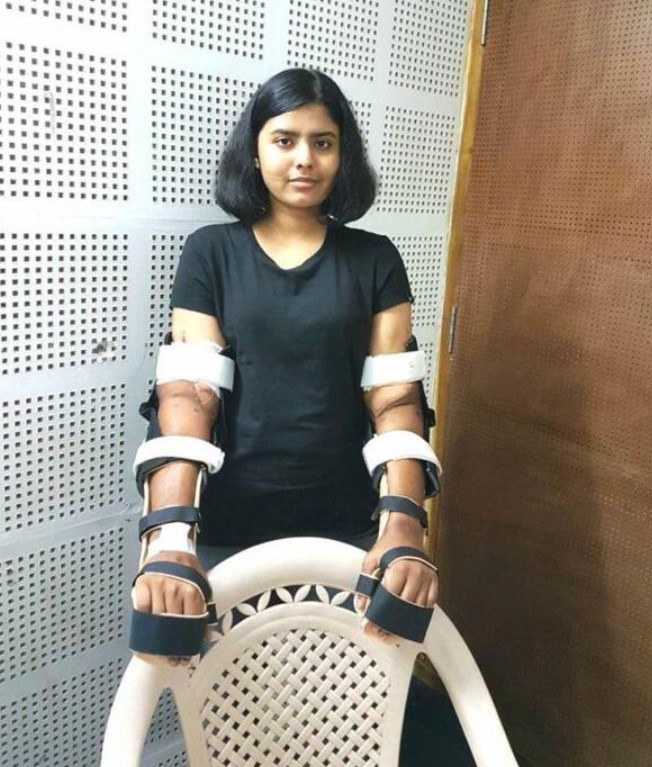
The surgery, lasting 13 hours and involving a large medical team, was successful. Shreya received the hands from a 21-year-old man who had died in a bike collision.
Interestingly, Shreya's hands have gradually changed in complexion to match her own, despite receiving hands from a man with a darker skin tone.

Doctors speculate that her body may produce less melanin, the pigment responsible for skin color, compared to her donor. Further research is needed to understand the exact cause of this transformation.
Shreya also noticed that her hands have become slimmer over time.




